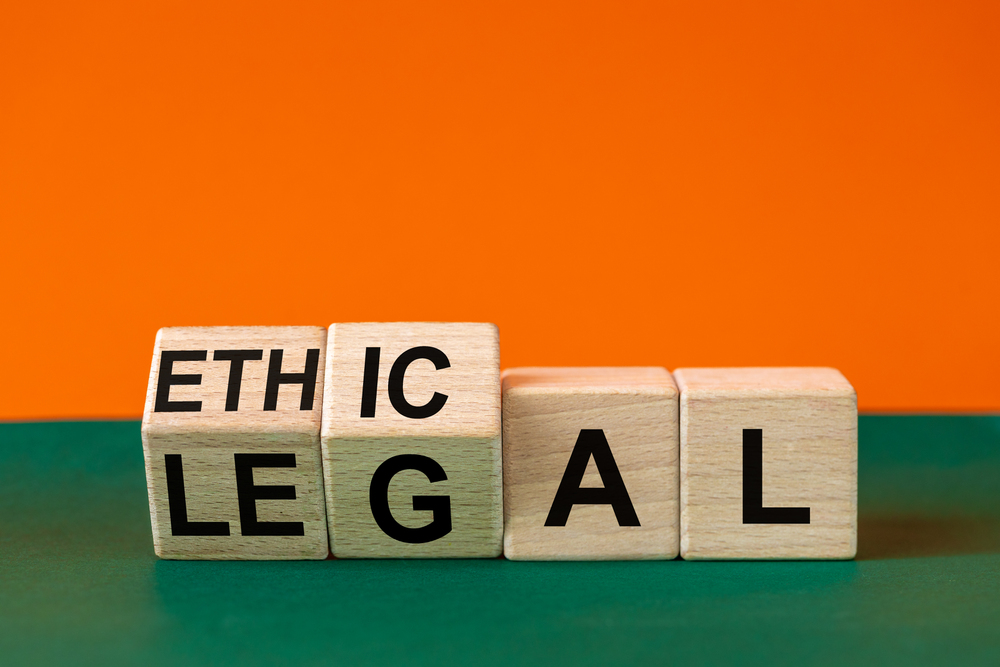Mattel left scrabbling around after losing IP infringement claim
26 Nov 2013

Scrabble board game manufacturer Mattel has been left considering the failures of its brand protection policies after losing its claim against Zynga for trademark infringement and passing off in the High Court. It is a sober lesson to trademark owners to ensure they monitor other people’s use of similar or identical trademarks to theirs, and swiftly enforce any infringement.
In January 2012, Zynga launched an online game called “Scrabble with Friends” and/or “Scrabble” (the Scrabble Game) that could be downloaded to a customer’s smartphone. The game featured square tiles with upper case letters and numbers from one to 10, together with the Scrabble icon. This was the fifth version of the game, the first having been launched in 2007.
Mattel alleged Zynga had infringed its community trade marks and was also guilty of passing off. To support the allegation that consumers were confused over the origin of the Scrabble Game, Mattel employed an independent market research consultant who was asked to design and supervise two consumer surveys.
Zynga criticised Mattel in the conduct of the surveys. The consultant had no part in the consumer interviews and did not screen potential interviewees suitably. The judge, Smith J, agreed with Zynga, stating that the surveys held “no evidential weight whatsoever”. He also rejected the evidence of the expert consultant.
With no evidence of confusion, Smith J turned to the internal assessment by Mattel of the Scrabble Game, and in particular what Mattel did prior to issuing proceedings. It was shown that Mattel had been aware of Zynga’s use of the word Scrabble for many years and this knowledge was at least to middle executive level. Nothing was done about this. It was therefore obvious to Smith J that Mattel did not consider there to be any confusion by consumers.
What turned out to the final nail in the coffin was that until early 2012, Mattel was in negotiations with Zynga to produce a board version of the Scrabble Game. A witness for Mattel conceded in cross examination that if those negotiations had been successful, then Mattel would not have sued Zynga.
Smith J had no option but to find in Zynga’s favour, saying that the lack of enforcement activity over the previous versions of the game, together with the negotiations, were “significant” and demonstrated that “those who were watching [Zynga] did not believe that Zynga’s products were a threat or an infringement of Mattel’s rights”.
Janine Paterson, Solicitor, DMA



Please login to comment.
Comments